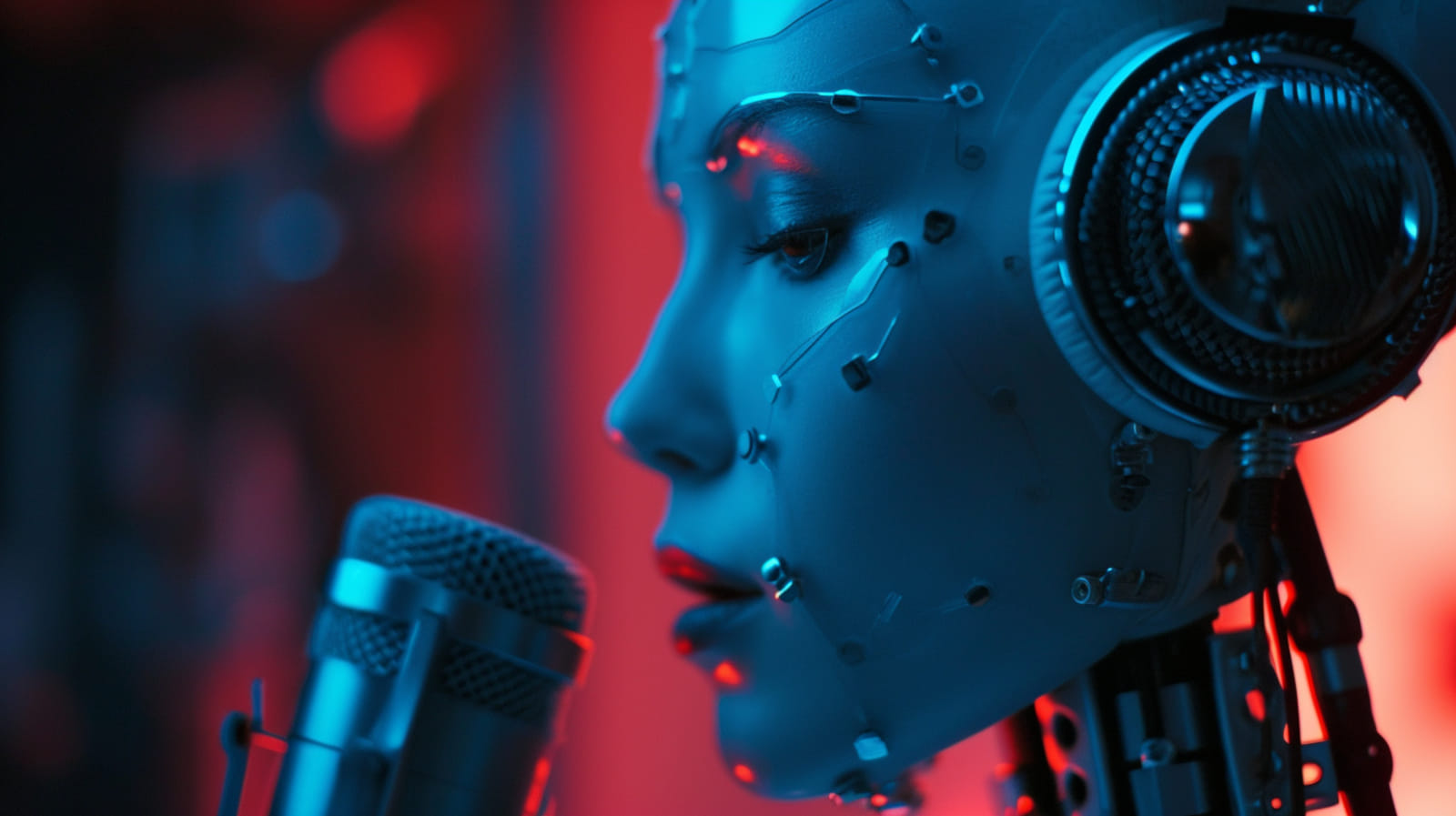
January 4, 2024 at 09:37AM
The U.S. Federal Trade Commission (FTC) has launched the Voice Cloning Challenge, offering a top prize of $25,000 for ideas combating the misuse of AI-enabled voice cloning. Submissions are open until January 12, aiming to identify solutions to protect consumers from voice-based fraudulent activities. The winning proposal receives $25,000, with an additional $4,000 for the runner-up and three honorable mentions receiving $2,000 each, emphasizing practical feasibility, impact, and resilience to technological advancements. If the challenge fails to produce effective defense ideas, it will advocate for stricter regulations on AI technology.
Key Takeaways from Meeting Notes:
– The U.S. Federal Trade Commission (FTC) has launched the Voice Cloning Challenge, a public competition to counter the misuse of voice cloning technology, with a top prize of $25,000.
– The challenge seeks to find ways to protect consumers from fraudulent activities using AI-enabled voice cloning, which has been enhanced by the improvement of text-to-speech with artificial intelligence.
– Voice cloning technology, while useful for legitimate purposes like personalized text-to-speech services and assistive tools for disabilities, poses risks such as voice phishing and social engineering by malicious actors impersonating familiar voices to deceive individuals.
– The FTC is looking for proposals that can identify voice cloning cases with the help of generative AI and mitigate associated risks, and submissions are being accepted until January 12.
– The winning proposal will receive $25,000, with a runner-up prize of $4,000 and honorable mentions of $2,000 each. Submissions will be judged on practical feasibility, impact on corporate accountability and burden on the consumer, and resilience to technological advancements.
– If the challenge does not yield effective defense ideas, it will serve as a signal for policymakers and emphasize the need for more stringent regulations on AI technology.
Let me know if you need any further information or clarification.